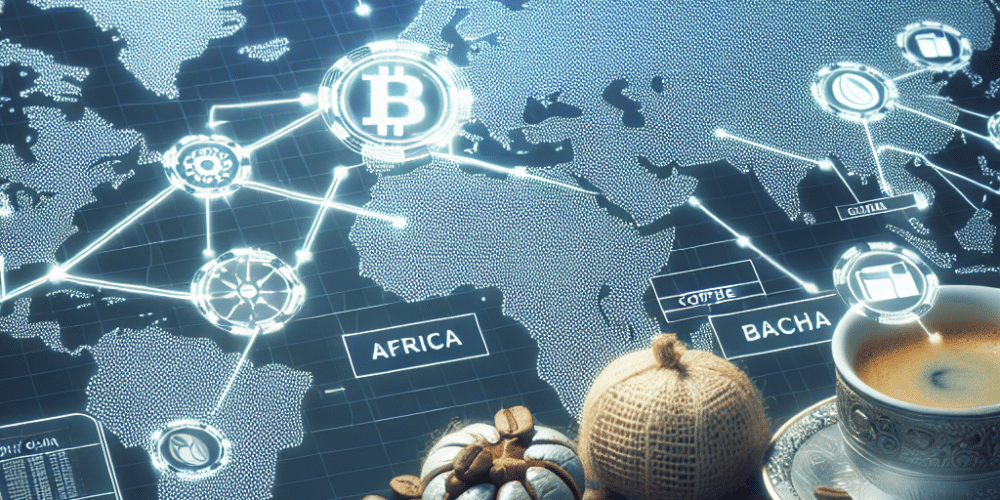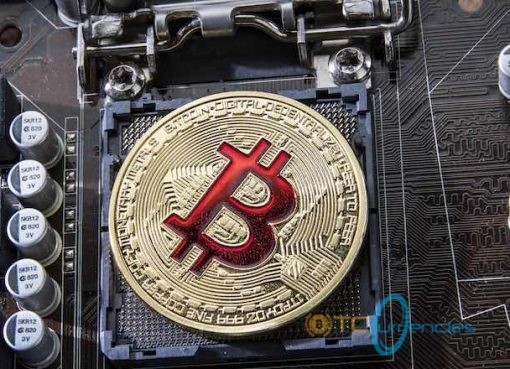In a bold move to revolutionize the coffee industry’s commitment to sustainability and consumer trust, a leading global coffee chain announced today it is shifting its entire supply chain to a blockchain-based system. This implementation is set to provide unmatched transparency and traceability in coffee sourcing and distribution, marking a significant step forward in ethical retail practices.
The initiative, dubbed “BeanChain,” will enable customers to trace their coffee purchases from the coffee farm to their cups. By scanning a QR code on their coffee cups or packaging, consumers can view detailed information about the origin of the coffee beans, including the harvesting process, farmers’ details, fair trade certification status, and the ecological impact of their cultivation practices.
Spearheading Sustainability Through Technology
The decision by the coffee giant to adopt blockchain technology comes at a time when consumers are increasingly concerned about the environmental impact and ethical standards of the products they purchase. Blockchain’s inherent nature of decentralization, immutability, and transparency addresses these concerns head-on.
“BeanChain not only allows us to show our patrons the journey of their coffee,” said the CEO during the press launch, “but also guarantees the authenticity and fairness of the sourcing process, which aligns with our commitment to corporate responsibility and ethical environmental practices.”
Boosting Farmer Benefits and Business Integrity
One of the critical components of this blockchain initiative is the impact on coffee farmers. BeanChain is designed to ensure that farmers are paid fairly and promptly, an often-overlooked aspect of the coffee supply chain. The blockchain ledger will provide a verifiable and immutable record of payments, deliveries, and contracts, which protects both the retailer and the farmers from potential disputes and enhances trust.
Moreover, this technology adoption isn’t just a leap toward transparency but also a strategic move to enhance business integrity. The traceability offered by blockchain significantly reduces the risk of fraud and coffee counterfeiting, a growing concern in the industry as specialty coffee demand increases globally.
Environmental Impact and Consumer Engagement
In addition to improving supply chain management and fairness, BeanChain is expected to offer significant environmental benefits. By optimizing the supply chain, the initiative aims to reduce waste and inefficiencies, lowering the carbon footprint associated with coffee production and distribution.
Furthermore, this project incorporates consumer engagement at its core. By harnessing the power of blockchain, the coffee retailer is not just selling a product; it is engaging customers in the journey of their purchase. This level of engagement is anticipated to strengthen brand loyalty and embody an educational tool that brings awareness to the complexities and challenges of the coffee industry.
Future Prospects and Industry Standards
As the coffee retailer sets to roll out BeanChain globally by the end of the year, other players in the industry are expected to follow suit. The implication of such a shift could standardize transparency and sustainability practices across the board, leading to a more responsible global market.
Industry experts believe that the adoption of blockchain in coffee retail could pave the way for similar practices in other sectors, particularly those where consumers are demanding greater transparency and ethical assurances, such as in chocolate, tea, and general agriculture.
Conclusion
Today’s announcement marks a momentous day for not only the coffee industry but also the global retail sector. As blockchain technology continues to evolve, its potential to transform traditional business practices remains profound. With BeanChain, the future of how consumers interact with their favorite products is set to change dramatically, offering a new model of trust and engagement in a digital age. This initiative may well be a herald of the broader adoption of blockchain across various sectors aimed at enhancing ethical practices and sustainability.




